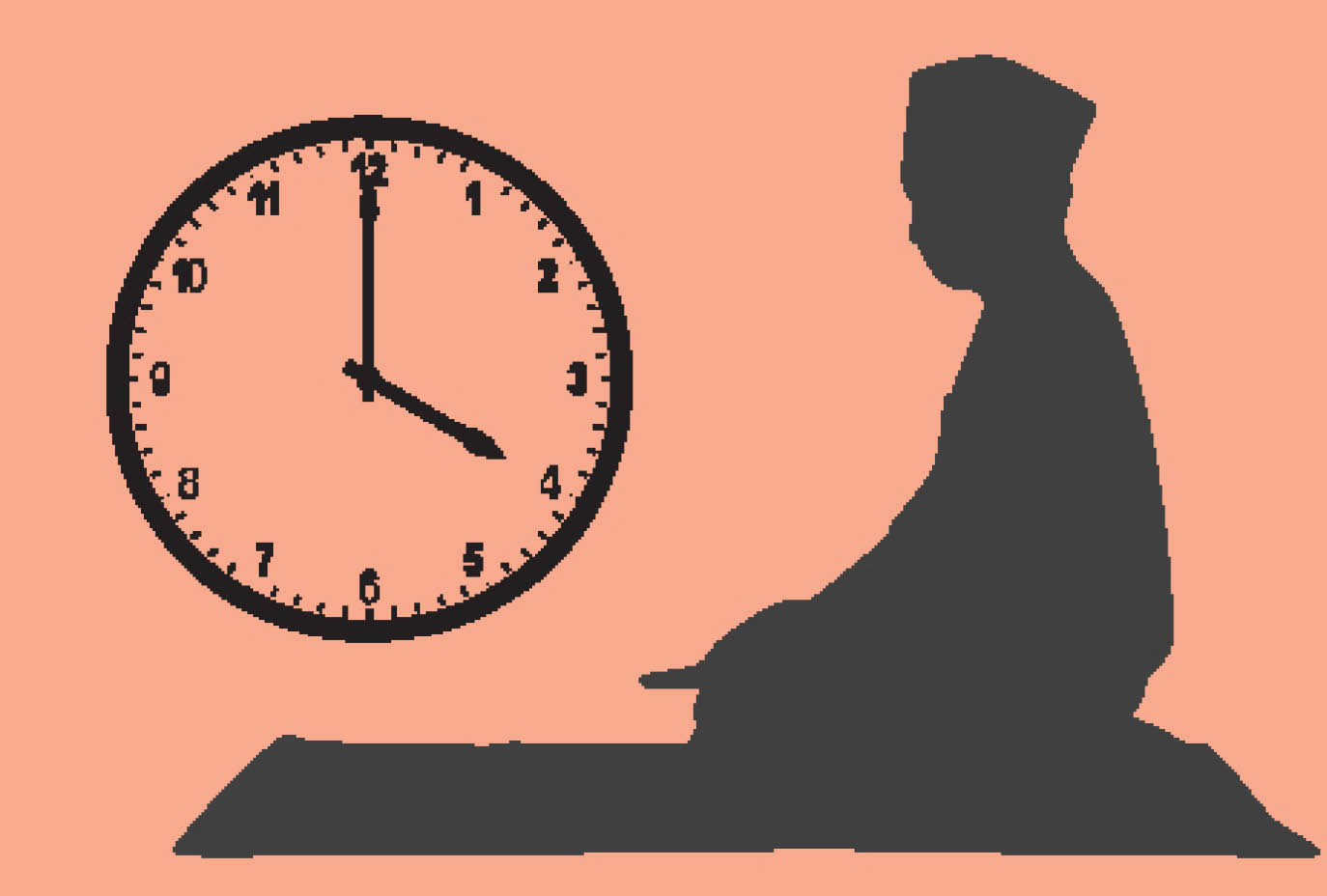Thus I asked: what is the Quran? I offer a response which is in itself the Quranic response to a similar question- the Quran is the last testament from the Creator of the heavens and earth; it is the last message sent by the Almighty to the Jinns and humankind. It is an extremely engaging book which contains one hundred and fourteen (114) chapters and nothing less than six thousand groups of signs and symbols (aayaat), not verses.
What is the Quran? It is a book with a beginning without an ending; it is a book with an introduction without a conclusion. Al-Kitab, by which the Quran is referenced, is the book with an opening chapter known as al-Fatihah but which, as it were, has no al-Khatimah. The Quran is a book which talks about itself the same way it talks about the world. It is a book which talks about the word and the world; it is a book which talks about how the world was made out of the word.
Dear sister! What is the Quran? The Quran is the book of Islam, the encyclopedia of all divinely revealed books. Kenneth Craig, the Oxford Professor of Islamic Studies, refers to this book as the Islamically revealed book; he describes Islam as the Quranically guided religion. Reading the Tanzil, with which the Quran is sometimes referenced, links you up with Prophet Adam; pondering it connects you with Prophet Musa. The Quran incarnates the odyssey of Prophet Musa and the Israelites in the wilderness. It relives the saga of Prophet Isa (Jesus Christ, upon him be peace and blessings of Allah) and his people in Palestine. Open the Quran if you desire to reread the history of histories. Read the Quran if you desire to answer the un-answered questions in such fields as theology, philosophy, geography, biology, chemistry and oceanography.
Now if we side-step the above in order to contemplate some of the questions I raised for resolution above, you would remember that when the Quran began to be revealed to the Prophet (s.a.w), the non-Muslim Qurayshite clan were seized of its magnificence and munificence even while they were immersed in a state of unbelief. Caliph Umar b. khattab (r.a) became awed when he heard the awesome recitations of the Quran. He could not resist the immediate acceptance of the message of Islam. When the powerful heard the book being read, they could not but recognize their powerlessness in comparison to the might and majesty of the All-powerful. The Arabs in Makkah were a group of people who were not born into Muslim families but ended up being heroes of Islam. They had no pedigree of faith but ended up erecting pillars of faith for generations after them.
If that was their story, why is it that ours is acutely inferior to them; why is it that our hearts appear hardened and impervious to the wonders inherent in this wonderful and magnificent revelation even as we were born and raised in Muslim families? Why the disconnect between our lives as Muslims and the positive markers and labels of the Muslim we read about in the Quran?
Answering the above questions cannot but be difficult. Thus I chose not to. Rather I formulate newer questions for our contemplation. I opt for the logical argument that sometimes the solution lies in the problem, the effect sometimes inheres in the cause. I ask: could it be because in-between what we read and what we know there is a huge gap which is as deep and wide as the gap between the blue and red seas? In fact the Quran itself has counseled that it is a book for men and women of gumption and intellection; men and women of reflection- those who ponder what they read and act upon them. The Muslim who read the Quran without knowledge of what he reads is like, in the Quranic parlance, the donkey which carries loads and loads of burden. Brother! Of what benefit are the former to the latter?
Or could the disconnect between our real world and the “world” of the Quran be a function of the way we relate with the book? Yes. Not a few Muslims treat the Quran the way we treat Panadol or paracetamol? We go to the Quran whenever we have earthly challenges. We establish relationships with the Quran on a seasonal basis; during the month of Ramadan. We remember the powers inherent in the glorious book only when we have challenges in life. We treat the Quran like our paracetamol or panadol!
Perhaps that is not the problem after all. The disconnect between us and the Quran might be a function of our posture to know more than the Prophet (s.a.w). Yes. Today some Muslims believe they know more than the Almighty. They want to practice Islam more than the Prophet; they posture as if they know the Din more than him in whose cause the Tanzil was revealed.

 Join Daily Trust WhatsApp Community For Quick Access To News and Happenings Around You.
Join Daily Trust WhatsApp Community For Quick Access To News and Happenings Around You.


